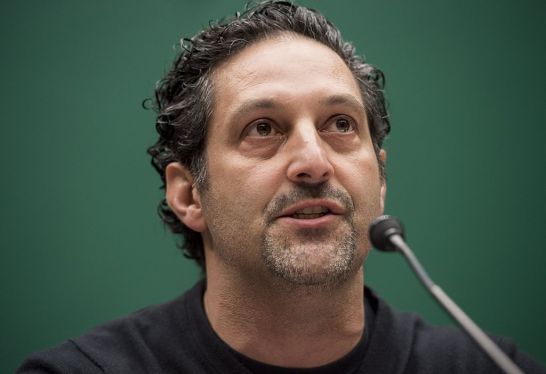In 2020 and 2021, the Special Purpose Acquisition Company (SPAC) route to listing on public markets was incredibly popular. However, many companies that took this avenue did not fare well after going public. So why did consumer car rental marketplace Getaround decide to list by merging with a blank-check company?
Understanding the Bigger Picture
To answer that question, we need to take a step back and look at the bigger picture. The 2020-2021 SPAC boom was unable to materially diminish the rising unicorn backlog. In 2022, unicorns continued to be minted faster than M&A and public offerings could convert their illiquid equity into liquid capital.
Challenges Facing High-Priced Startups
It’s become a difficult time for high-priced startups: The traditional IPO route is far off, and venture capital funding has decreased significantly. This has left many startups in a precarious position, with limited options for fundraising or listing on public markets.
Getaround’s Financial Position
Getaround’s financial position pre-deal was one of the key factors that influenced their decision to go public via SPAC. With much of its value now deleted, the company has less currency to play with when it comes to compensating employees. Retention could become an issue.
Cash Rules Everything Around Me
However, without cash, a business instantly asphyxiates. Getaround isn’t, per our understanding of the deal and the company’s financial position pre-deal, in such danger right now. Perhaps the company will prove the markets wrong, return to growth, and move toward profitability, rebuilding its equity value in the process.
The SPAC Deal: A Necessary Evil?
Our read of the situation fits neatly into what one of Getaround’s co-founders, Jessica Scorpio, told our scribbler on Twitter the day Getaround completed its SPAC deal and began to trade:
"There are downsides to consider. With much of Getaround’s value now deleted, the company has less currency to play with when it comes to compensating employees. Retention could become an issue."
The obvious rejoinder to that concern is that, with layoffs in tech rising generally today, staff are more likely to stay put than in recent years. This could provide Getaround with some breathing room to rebuild its worth and therefore its employment value proposition.
Criticisms of the Deal
However, if any retail investor bought into the company’s debut and got their face ripped off, well, that’s not good. For now, the Getaround SPAC deal is best understood through the lens of ‘cash rules everything around me.’
Conclusion
With so many VC-backed private tech companies on a timer while tech valuations remain depressed and IPOs far off, perhaps this actually isn’t the last SPAC deal we’ll see in the foreseeable future. Other former startups might also need the cash badly enough to brave the blank-check gauntlet.
In conclusion, Getaround’s decision to list on public markets via SPAC was a necessary evil, driven by its financial position and the current market conditions. While there are downsides to consider, the company has managed to secure the cash it needs to execute its operating plan without going-concern worries.
Recommendations
- Cash management: Getaround’s decision to go public via SPAC highlights the importance of cash management in startups.
- IPO alternatives: With IPOs far off and tech valuations depressed, startups may need to explore alternative routes to listing on public markets.
- SPAC deals: While there are criticisms of the deal, Getaround’s decision to go public via SPAC was a necessary evil in the current market conditions.
Future Outlook
The future outlook for Getaround and other startups that choose to list on public markets via SPAC is uncertain. However, with the current market conditions, it’s likely that we’ll see more startups exploring this route in the foreseeable future.
Related Articles
- Failed fintech startup Bench racked up over $65 million in debt, documents reveal: This article highlights the financial struggles faced by some startups.
- Venture capital investing hits record high in Q4: Despite the challenges facing startups, venture capital investing remains strong.



